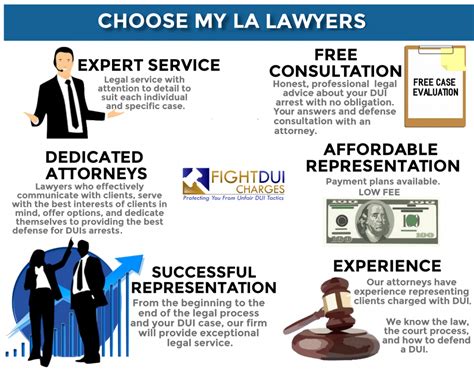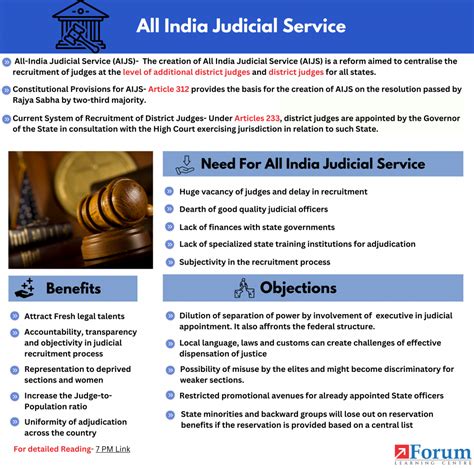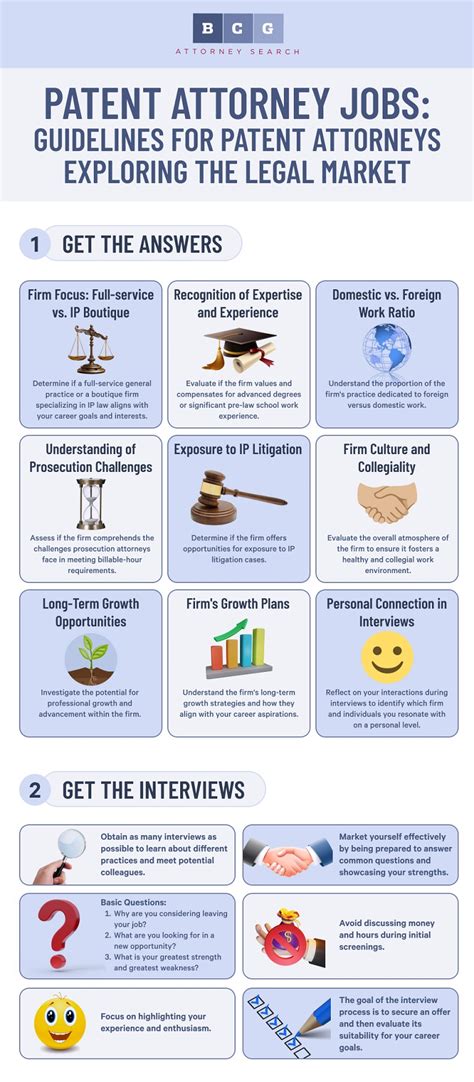Facing domestic violence is a deeply traumatic experience, and navigating the legal system to seek justice can be overwhelming. Finding the right domestic violence lawyer is crucial to ensuring you receive the protection and support you need. This article will guide you through the essential steps of choosing the best legal advocate for your case, from understanding the importance of specialized legal support to evaluating a lawyer’s communication style and approach. By exploring the key qualities to look for and the right questions to ask during consultations, you’ll be better equipped to find a lawyer who not only understands the complexities of domestic violence cases but is also dedicated to supporting you through every step of the process.
Embark on a detailed exploration of this topic with holehotels.com
1. Understanding Domestic Violence
Domestic violence is a pattern of abusive behavior in any relationship where one partner seeks to gain or maintain power and control over the other. This abuse can be physical, emotional, psychological, or sexual, and it often escalates over time. Victims of domestic violence may feel trapped, fearful, and unsure of how to escape the situation. It’s essential to understand that domestic violence is not limited to physical harm; it also includes verbal threats, manipulation, financial control, and isolation from friends and family. Recognizing these forms of abuse is the first step toward seeking help. The legal system plays a critical role in protecting victims, but navigating it can be daunting. Laws and protections vary by jurisdiction, making it crucial to have an attorney who is knowledgeable about domestic violence cases. A specialized lawyer can help victims understand their rights, secure protective orders, and guide them through the legal process to ensure their safety and well-being. Understanding the full scope of domestic violence is the foundation for finding the right legal support and taking steps toward a safer future.

2. Importance of Specialized Legal Support
When dealing with a domestic violence case, having a lawyer who specializes in this area is crucial. Domestic violence cases are uniquely complex, involving not just legal ramifications but also emotional and psychological dimensions that require a deep understanding and sensitive handling. A specialized lawyer brings the expertise necessary to navigate these complexities, ensuring that the victim’s safety and well-being are prioritized throughout the legal process.
Unlike general practice attorneys, those with a focus on domestic violence cases are well-versed in the specific laws, protections, and resources available to victims. They understand the dynamics of abusive relationships and are trained to recognize the signs of manipulation and control that may influence a case. This knowledge enables them to provide tailored advice, secure restraining orders, and advocate effectively in court.
Moreover, a specialized lawyer can connect victims with additional support services, such as counseling and shelters, which are often critical in the recovery process. Their experience with similar cases allows them to anticipate potential challenges and respond proactively, offering a level of support that is both legal and compassionate.
Choosing a lawyer with specialized expertise in domestic violence not only increases the likelihood of a favorable legal outcome but also ensures that the victim receives the comprehensive support needed to move forward safely and confidently.

3. Key Qualities to Look for in a Domestic Violence Lawyer
When seeking a domestic violence lawyer, certain key qualities can make a significant difference in the outcome of your case. First and foremost, the lawyer should have specialized experience in handling domestic violence cases. This expertise ensures they are familiar with the nuances of these cases and the specific legal protections available.
Empathy and strong communication skills are equally important. A good domestic violence lawyer should listen attentively to your concerns, understand the emotional complexities involved, and communicate clearly about your legal options.
Additionally, a lawyer with a solid track record of success in domestic violence cases provides confidence that they can advocate effectively on your behalf. They should be well-versed in local laws and have strong courtroom skills, as these are critical for navigating the legal system.
Finally, look for a lawyer who is proactive and responsive, ensuring they are fully committed to your case and available when you need them most.

4. Researching Potential Lawyers
Finding the right domestic violence lawyer requires thorough research. Start by seeking recommendations from trusted sources, such as friends, family, or support organizations. Online reviews and ratings can also provide insight into a lawyer’s reputation and client satisfaction. Look for lawyers who specialize in domestic violence cases, as their focused expertise will be crucial in navigating the specific challenges of your situation.
It’s essential to review the lawyer’s credentials, including their education, certifications, and years of experience in handling domestic violence cases. Many lawyers offer free initial consultations, which can be an excellent opportunity to assess their approach and determine if they are a good fit for your needs.
During your research, pay attention to how the lawyer’s office communicates with you. A responsive, compassionate team can be a good indicator of how you will be treated as a client. Taking the time to research and carefully evaluate potential lawyers can significantly impact the success of your case and your overall experience during this challenging time.
5. Questions to Ask During the Initial Consultation
The initial consultation with a potential domestic violence lawyer is a crucial opportunity to evaluate whether they are the right fit for your case. Start by asking about their experience with domestic violence cases. Specifically, inquire about how many cases they’ve handled and the outcomes they’ve achieved. This will give you a sense of their expertise and success rate.
Next, ask about their approach to handling cases like yours. Understanding their strategy, from gathering evidence to representing you in court, can help you gauge whether their methods align with your needs and expectations. It’s also important to ask about the timeline for your case, including key milestones and how long they expect the process to take.
Inquire about communication—how often you can expect updates and the best way to reach them if you have questions or concerns. This will help you understand their level of accessibility and commitment to keeping you informed.
Finally, discuss fees and payment structures. Knowing upfront about costs, including any potential additional expenses, will help you avoid surprises and plan accordingly. Asking these questions during the initial consultation will provide clarity on whether the lawyer is well-suited to provide the support and representation you need.
6. Evaluating Lawyer Communication and Approach
Effective communication is a cornerstone of a successful attorney-client relationship, especially in domestic violence cases where emotions run high and the stakes are significant. When evaluating a lawyer’s communication style, consider how they listen and respond during your interactions. A lawyer who listens carefully and shows empathy is more likely to understand your concerns and tailor their approach to meet your specific needs.
Assess how clearly they explain legal terms, processes, and strategies. You should feel confident that you understand what is happening in your case at every stage. A lawyer who can break down complex legal jargon into understandable language demonstrates not only their expertise but also their commitment to keeping you informed and involved.
Another critical aspect to evaluate is the lawyer’s approach to your case. Do they take a collaborative stance, working with you to develop a strategy that aligns with your goals, or do they take a more authoritarian approach? The former often leads to a stronger, more trusting relationship.
Pay attention to how responsive they are to your communications. A lawyer who promptly returns calls or emails and keeps you updated regularly is likely to be more reliable and dedicated to your case. Ultimately, a lawyer with strong communication skills and a client-focused approach can make a significant difference in the outcome of your domestic violence case.
7. Understanding the Legal Process for Domestic Violence Cases
Understanding the legal process for domestic violence cases is essential for victims seeking justice and protection. The process typically begins with reporting the incident to law enforcement, which may lead to an arrest if there is sufficient evidence of abuse. After the initial report, victims can seek a protective order or restraining order to prevent the abuser from contacting or approaching them.
Once a protective order is in place, the case may proceed to court. During this phase, both parties will have the opportunity to present evidence, including witness testimonies, photographs, and medical records, to support their claims. The burden of proof lies with the victim, who must demonstrate that domestic violence occurred to secure a favorable outcome.
Throughout the process, a specialized domestic violence lawyer will be invaluable in navigating the legal complexities, ensuring that victims understand their rights and options. They can help prepare legal documents, gather necessary evidence, and represent the victim in court, advocating for their best interests.
It’s important for victims to be aware that the legal process can be emotionally taxing and may take time. Having a knowledgeable lawyer by your side can provide essential support, helping to alleviate some of the stress associated with navigating the legal system.
8. Client-Lawyer Relationship and Support
The client-lawyer relationship is a vital aspect of successfully navigating a domestic violence case. Trust and open communication are essential, as victims often share deeply personal and sensitive information with their attorneys. A strong relationship allows the lawyer to understand the client’s unique circumstances and tailor their legal strategy accordingly.
Support from a domestic violence lawyer goes beyond legal representation. A compassionate attorney recognizes the emotional toll that such cases can take and can provide reassurance and guidance throughout the process. They should be a source of strength, helping clients feel empowered to make informed decisions about their future.
Regular check-ins and updates on the case status foster a sense of partnership and ensure that the client remains informed and involved. It’s also essential for lawyers to create a safe space where clients feel comfortable expressing their concerns and asking questions.
Ultimately, a positive client-lawyer relationship can significantly impact the client’s experience and outcome in a domestic violence case, providing not only legal support but also emotional reassurance
9. Legal Resources and Support Systems
Accessing legal resources and support systems is crucial for victims of domestic violence seeking to rebuild their lives. Numerous organizations and services are dedicated to providing assistance, information, and advocacy for those affected by domestic abuse. Local shelters and crisis centers often serve as safe havens, offering temporary housing, counseling, and support services to victims and their children.
Many communities also have legal aid organizations that provide free or low-cost legal assistance to individuals navigating the complexities of domestic violence cases. These organizations can help victims understand their rights, obtain protective orders, and connect them with specialized lawyers who can advocate on their behalf.
Additionally, national resources such as the National Domestic Violence Hotline offer confidential support, information, and referrals to local services. This hotline is a valuable resource for victims seeking immediate help and guidance on next steps.
Support groups provide an opportunity for victims to share their experiences and connect with others who understand their struggles. These groups can be instrumental in fostering healing and resilience. By utilizing these legal resources and support systems, victims can find the assistance they need to move forward safely and confidently.
10. Final Tips for Choosing the Right Lawyer
Choosing the right lawyer for a domestic violence case is a critical decision that can significantly impact your journey toward healing and justice. Start by prioritizing specialized experience in domestic violence law. Ensure that the lawyer has a proven track record of successfully handling similar cases and is familiar with the local laws and resources available to victims.
During the initial consultation, trust your instincts. Pay attention to how comfortable you feel discussing your situation with the lawyer. They should demonstrate empathy, patience, and understanding, creating a safe environment for you to share your concerns.
Evaluate their communication style and availability. A responsive lawyer who keeps you updated and answers your questions promptly can make a significant difference in your experience. Additionally, consider the lawyer’s approach to your case. Look for someone who is collaborative and willing to involve you in the decision-making process.
Discuss fees and payment structures upfront to avoid any surprises later on. Make sure you understand the costs involved and explore options for financial assistance if needed.
Lastly, seek recommendations from trusted friends, family, or support organizations. Personal referrals can lead you to compassionate and effective legal representation. Taking the time to choose the right lawyer can empower you in your legal journey and help you regain
Selecting the right domestic violence lawyer is essential for navigating the complexities of your case and ensuring your safety and well-being. By understanding the legal process, evaluating potential lawyers based on their experience and communication style, and utilizing available resources, you can empower yourself to make informed decisions. Remember, having a compassionate and knowledgeable advocate by your side can significantly impact your journey toward healing and justice.
holehotels.com